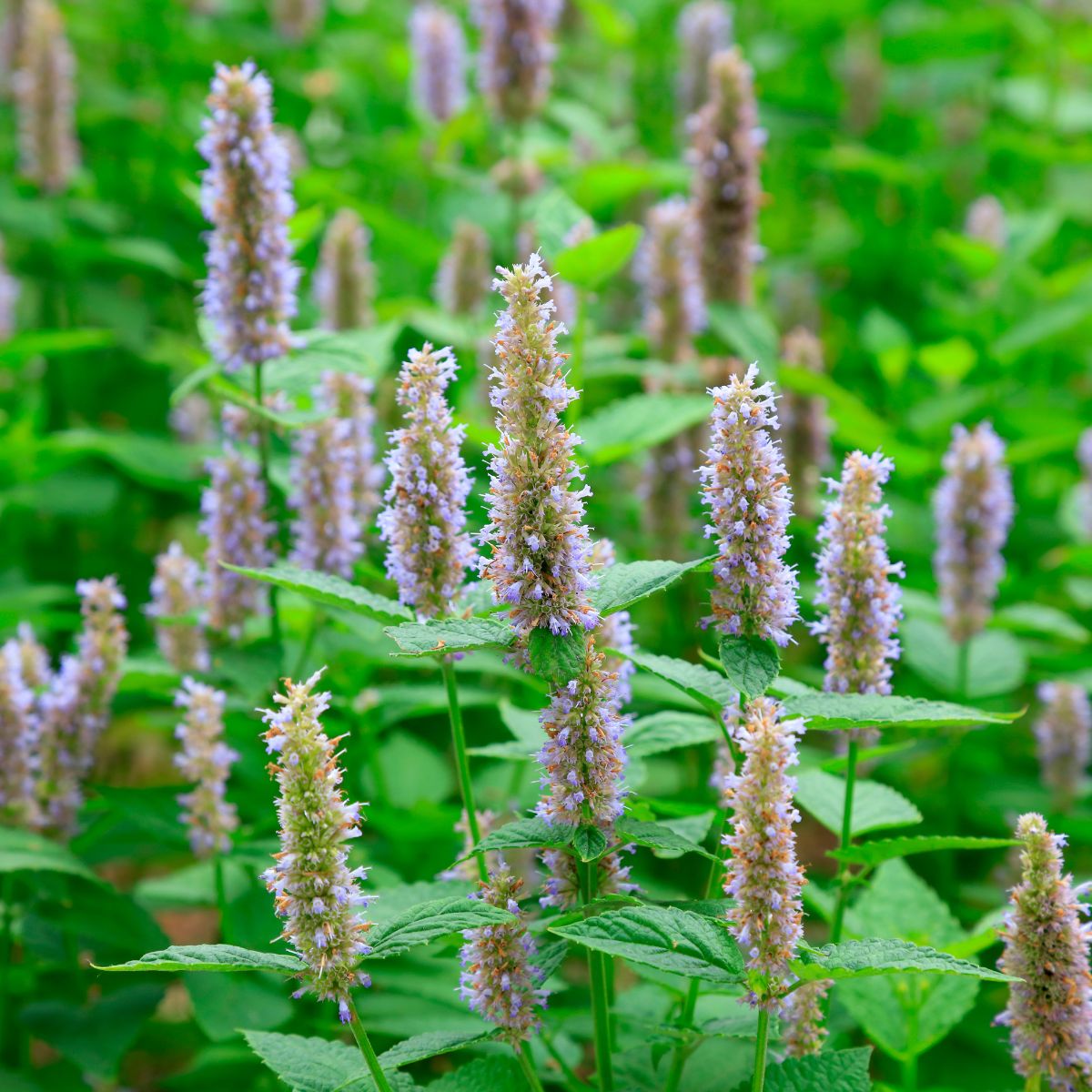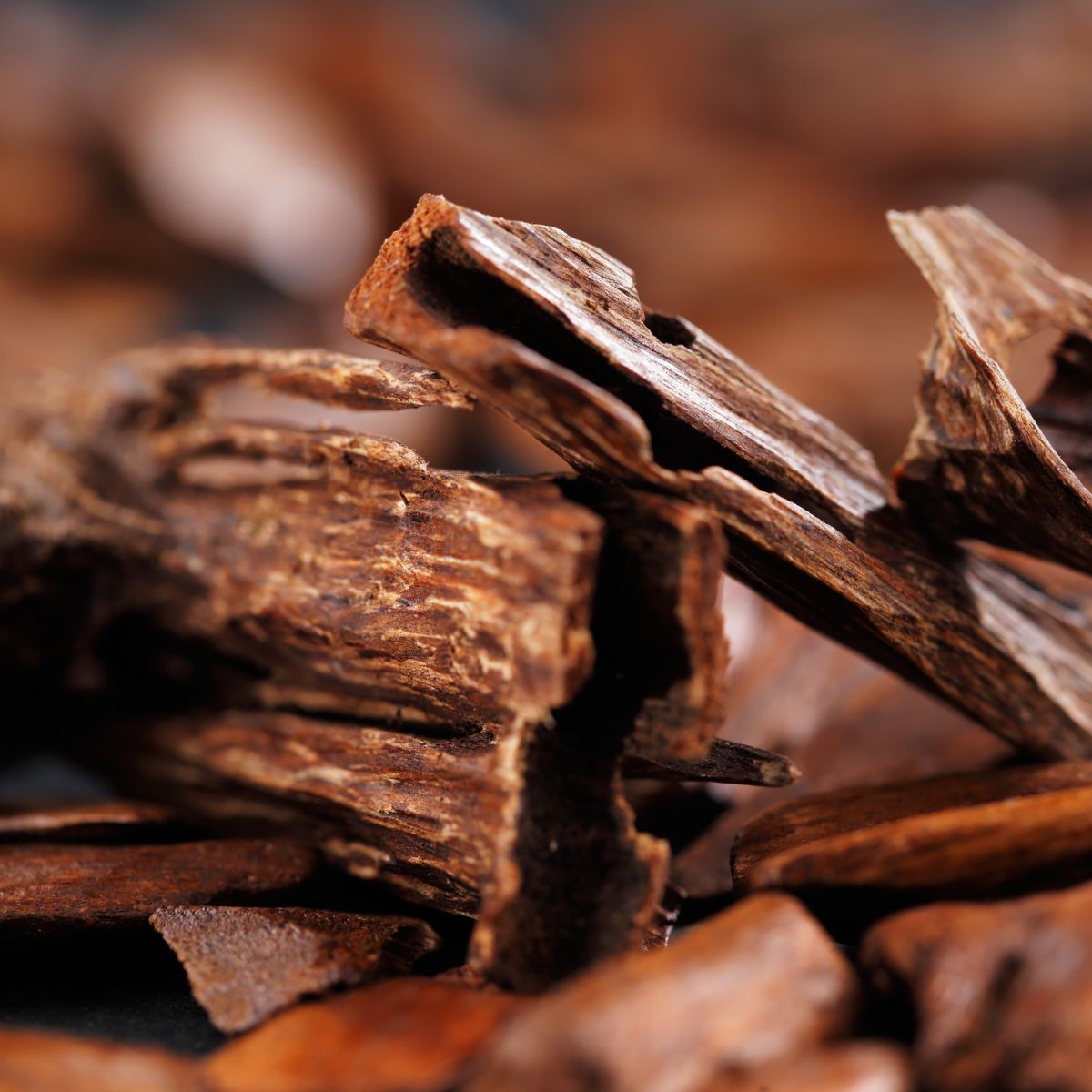Article: Indian Patchouli: A Journey Through Fragrance and Tradition

Indian Patchouli: A Journey Through Fragrance and Tradition
Patchouli, a herb in the mint family, is deeply rooted in Indian culture and has a long history of use, spanning traditional medicine, perfumery, and even spiritual practices. The scent of Indian patchouli is known worldwide and is often associated with earthy, heavy notes that can be both calming and stimulating. In this post, we explore the origins, uses, and cultural significance of patchouli in India.
Historical roots and cultivation
Patchouli originates from Southeast Asia, but has gained particular significance in India. Patchouli cultivation is widespread in the tropical regions of India, where the humid climate is ideal for the growth of this strongly scented plant. The leaves of the patchouli are dried after harvest and can be used to extract oil, a process that intensifies the characteristic fragrance.
Patchouli in Ayurveda
In traditional Indian Ayurvedic medicine, patchouli is valued for its diverse health benefits. Patchouli plant oil is believed to help calm the mind, reduce stress, and promote skin health. Patchouli oil possesses antibacterial and anti-inflammatory properties, making it a valuable ingredient in natural healing practices.
Patchouli in Indian perfumery
Patchouli plays a central role in Indian perfumery. Its unique scent serves as a base note in many popular perfumes and is often combined with other exotic aromas such as sandalwood, jasmine, and rose. Patchouli's warm, deep scent makes it particularly popular in perfumes designed to achieve a longer-lasting effect.
Spiritual and cultural significance
In India, patchouli is not only used in medicine and perfumery, but also has deep spiritual significance. The scent of patchouli is often used in temples to create an atmosphere of calm and meditation. The scent is believed to promote concentration and support spiritual enlightenment. In addition, patchouli is often used in religious ceremonies and festivities to create a sacred environment.
Modern applications and sustainability
Today, patchouli is used in a wide variety of products, from skincare to aromatherapy oils, for its distinctive scent and therapeutic properties. Sustainable sourcing and production of patchouli oil is a key concern, as the fragrance's popularity has led to a surge in demand. Many manufacturers strive to use sustainable farming methods and fair trade practices to minimize the environmental and social impacts of patchouli cultivation.
Indian patchouli is more than just a herb or a fragrance—it is a significant part of India's cultural, medicinal, and spiritual landscape. Its profound presence in various aspects of daily life underscores the multifaceted significance of this fascinating plant.




